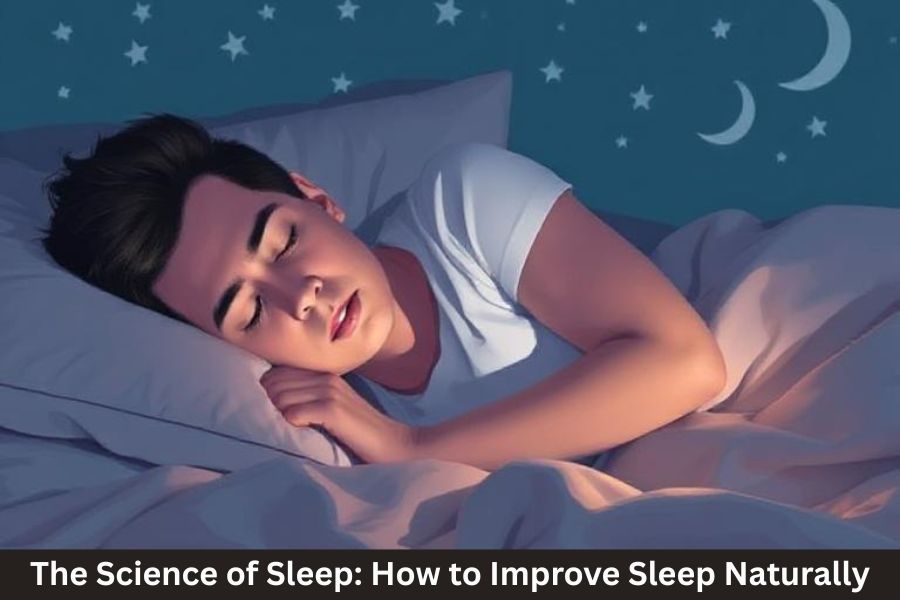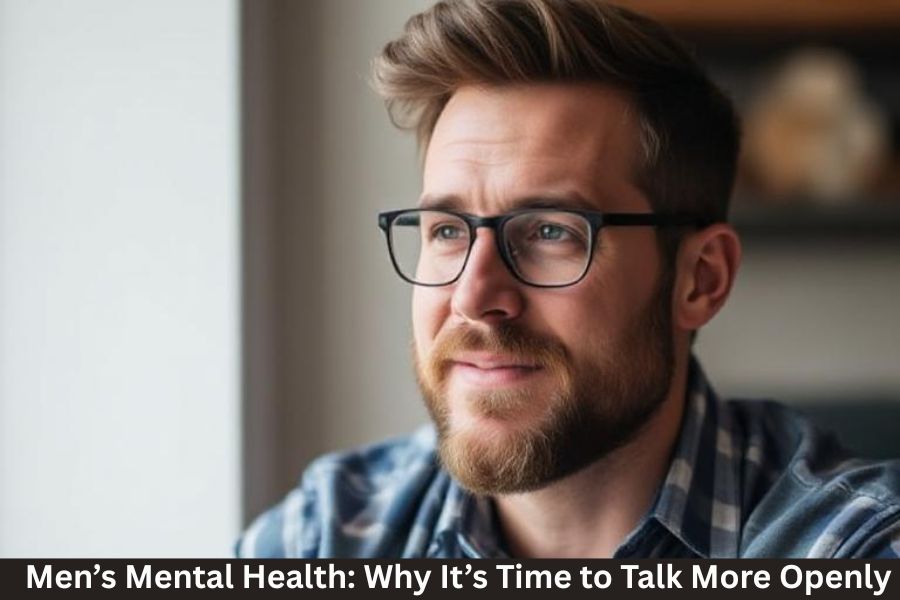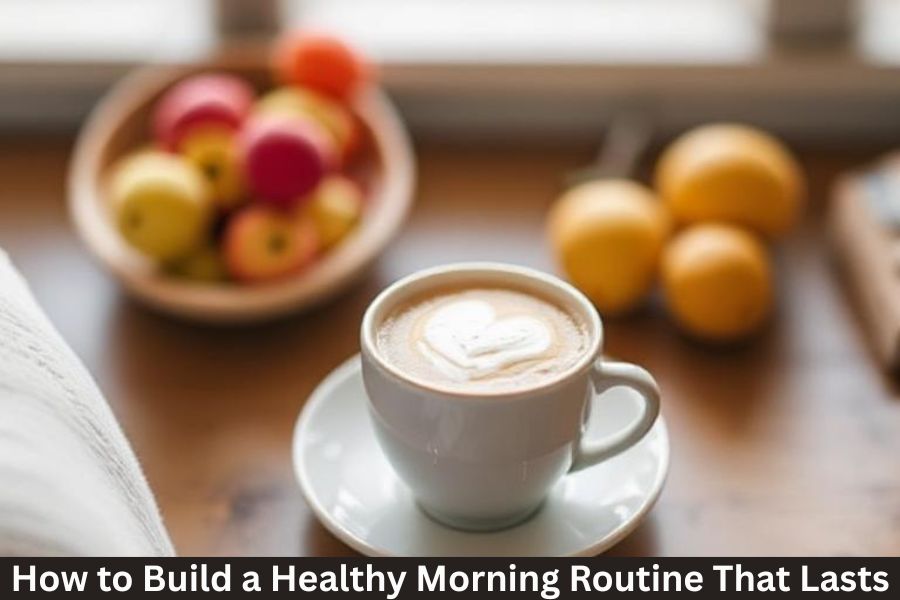Sleep is not just rest—it’s recovery, repair, and rejuvenation. While many of us treat sleep as a luxury, it’s a biological necessity that fuels every system in our bodies. From brain function to hormone regulation, the quality and quantity of your sleep can significantly affect your mental, emotional, and physical well-being.
If you find yourself tossing and turning at night or relying on caffeine to stay awake during the day, it’s time to dive into the science of sleep—and discover natural ways to improve it.
Why Sleep Matters More Than You Think
Sleep isn’t just “shutting off.” During sleep, your body:
- Repairs tissues and muscles
- Consolidates memories and learning
- Balances hormones (like cortisol, melatonin, and growth hormone)
- Regulates immune function
- Supports emotional regulation
Poor sleep has been linked to obesity, diabetes, depression, heart disease, and weakened immunity. Simply put, quality sleep is the foundation of a healthy life.
The Stages of Sleep Explained
Understanding the sleep cycle helps you see why uninterrupted rest is vital.
- Stage 1 (Light Sleep): Transition between wakefulness and sleep
- Stage 2: Body temperature drops, heart rate slows
- Stage 3 (Deep Sleep): Tissue repair, muscle recovery, immune system boost
- REM Sleep (Rapid Eye Movement): Dreaming, brain processing, memory consolidation
Each cycle lasts about 90 minutes, and we go through 4–6 cycles per night. Deep and REM sleep are the most restorative.
How Much Sleep Do You Really Need?
The National Sleep Foundation recommends:
- Adults (18–64): 7–9 hours
- Older adults (65+): 7–8 hours
- Teens: 8–10 hours
Quality matters as much as quantity. Interrupted sleep doesn’t allow the body to complete full sleep cycles.
Common Causes of Poor Sleep
- Stress and anxiety
- Caffeine and alcohol
- Blue light exposure before bed
- Irregular sleep schedules
- Poor sleep environment (noise, light, temperature)
- Underlying conditions (sleep apnea, restless legs syndrome)
Natural Ways to Improve Sleep Quality
Here are science-backed strategies to help you sleep better—without pills.
1. Stick to a Consistent Sleep Schedule
Your body has a natural circadian rhythm—a 24-hour internal clock. Going to bed and waking up at the same time daily helps regulate your cycle and improves sleep quality.
2. Get Natural Sunlight During the Day
Daylight exposure boosts serotonin, which later converts to melatonin—your sleep hormone. Try to get 20–30 minutes of natural sunlight, especially in the morning.
3. Limit Blue Light at Night
Phones, TVs, and computers emit blue light, which suppresses melatonin. Avoid screens 1–2 hours before bed, or use blue light blockers.
4. Practice a Bedtime Wind-Down Routine
Engage in relaxing activities like:
- Reading
- Journaling
- Deep breathing
- Meditation
- Gentle stretching
These help lower cortisol levels and signal your body it’s time to sleep.
5. Avoid Stimulants and Heavy Meals
- Limit caffeine after 2 PM
- Avoid alcohol close to bedtime—it disrupts REM sleep
- Don’t eat heavy or spicy meals within 2 hours of sleeping
6. Optimize Your Sleep Environment
- Cool temperature (around 65°F or 18°C)
- Dark room—use blackout curtains or an eye mask
- Noise-free—or use white noise/sound machines
- Comfortable mattress and pillows
7. Exercise (But Not Too Late)
Regular physical activity helps you fall asleep faster and sleep deeper. Just avoid intense workouts close to bedtime, which can be too stimulating.
8. Try Natural Sleep Aids (If Needed)
- Magnesium: Calms the nervous system
- Melatonin: Short-term supplement to adjust sleep cycle
- Herbal teas: Chamomile, valerian root, or lavender
- Essential oils: Lavender oil can promote relaxation
Always consult a healthcare provider before starting supplements.
Sleep Myths to Stop Believing
Myth 1: You can catch up on sleep on weekends
Sleep debt doesn’t fully “reset.” Regular patterns are more important.
Myth 2: Alcohol helps you sleep
It may make you drowsy but disrupts deep and REM sleep later in the night.
Myth 3: 5–6 hours is enough if you feel fine
Chronic short sleep may lead to hidden health issues over time.
FAQs
Q1: How long before bed should I stop using screens?
At least 1–2 hours to reduce blue light exposure and improve melatonin production.
Q2: Does napping affect nighttime sleep?
Short naps (20–30 minutes) are fine, but long or late-day naps can disrupt nighttime rest.
Q3: Can poor sleep lead to weight gain?
Yes. Lack of sleep affects hunger hormones like ghrelin and leptin, increasing cravings and overeating.
Q4: What’s the best time to sleep?
Ideally between 10 PM and 6 AM, aligning with natural melatonin cycles and circadian rhythm.
Q5: Is it normal to wake up during the night?
Brief awakenings are normal. Trouble falling back asleep may signal stress or sleep disorders.



